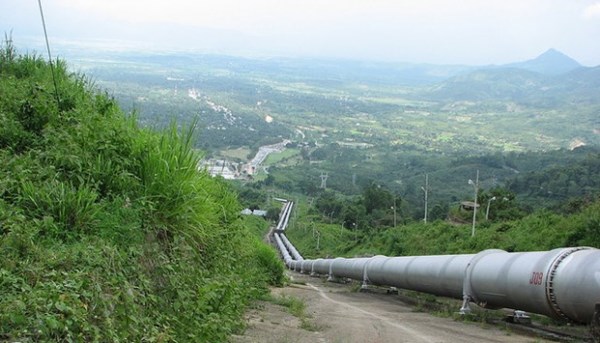Power of Siberia 2: a risky gamble for Russia's gas future amid looming global oversupply
In a bid to recover from the loss of the European gas market, which had been a major source of revenue for the Russian budget for many years, the Kremlin is desperately trying to boost gas supplies to Asia. Moscow is especially keen on ramping up its gas exports to China and has been in lengthy discussions with the Chinese about building the "Power of Siberia – 2" pipeline. However, experts warn that this move might have an adverse effect on Russia.
The International Energy Agency (IEA) has released its annual report forecasting an oversupply of LNG on the global gas market by 2030 . This increased supply is expected to drive down fuel prices, and the report highlights that the planned pipeline, which is set to transport 50 billion cubic meters of gas annually, could exacerbate the situation.
Experts point out that if all current LNG production projects are realized, capacity is projected to grow from 580 billion cubic meters to 850 billion cubic meters by 2030, marking an increase of almost 50%. Meanwhile, global demand for LNG is anticipated to grow at a slower pace. In this context, the launch of the Russian project would only intensify the supply glut.
Moreover, analysts are doubtful about the pipeline’s construction, citing that China already has sufficient capacity to meet its needs. Experts also question Russia's ability to offset the losses from reduced gas supplies to Europe. According to the main forecast, Russia’s maximum gas exports to China are expected to reach only 60 billion cubic meters per year by 2050.
Within Russia, analysts do not foresee a significant increase in gas demand, which implies that the country may struggle to recover its production levels following last year’s sharp decline.
